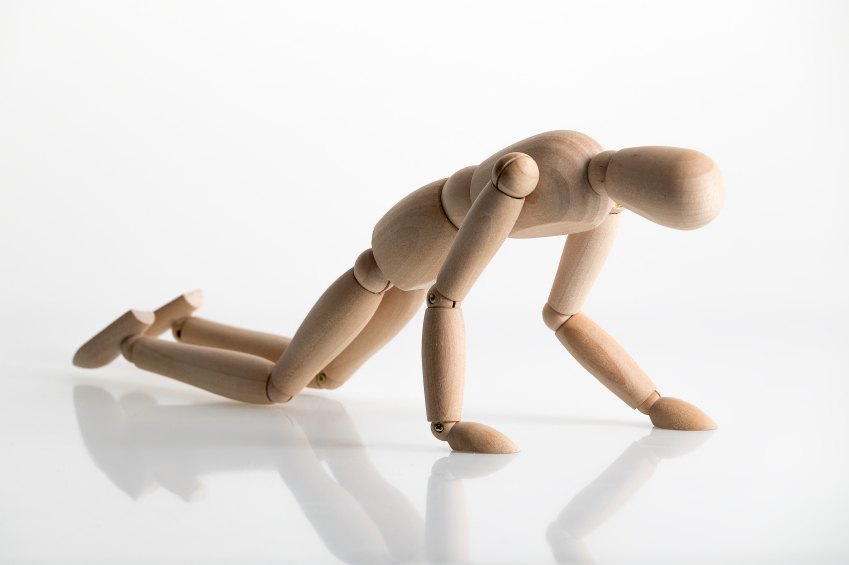Taking Control of Your Self-Destructive Behavior

For many of us, it can be easy to resort to self-destructive behavior as a way to cope with feelings of loneliness and unworthiness. However, self-destructive behavior can be incredibly harmful especially when it comes to your recovery.
Learning how to take control of your self-destructive behavior can put you on the right path to a healthy sober life. When overcoming an addiction, it can be easy to want to tell yourself how awful of a person you are or how much of an addictive personality you have. You may feel like you are trying to overcome the impossible and that something is wrong with you.
The truth is that your tendency to cling to self-destructive behavior is almost like an addiction itself. Research reveals that self-destructive behavior actually provides a sort of a short-term pleasure to those who indulge in it. However, ultimately, self-destructive behavior gets in the way of you living a fulfilled life that feels satisfying.
What Are Self-Destructive Behaviors?
Self-destructive behaviors vary significant in both psychological and physical ways. Self-destructive behaviors can be anything from alcohol and drug abuse, binge eating, compulsive gambling, chronic avoidance, or a host of other behaviors. They can also manifest itself in compulsive negative thinking and constant demeaning of oneself.
People who suffer from self-destructive behaviors have similar personality traits. They tend to feel emotions much stronger than the average person. This does not have to be a negative thing. Feeling emotions is a natural human response however being aware will help you manage those emotions in a safer way.
If you struggle with your emotions, you may have grown up in an adverse environment where those emotions hindered you through emotional trauma. Some examples include:
- Physical abuse, neglect, or continuous criticism
- Experiences with family members who discourage expression of emotions or
- Bullying at school, abuse by another caretaker, routinely being excluded
There are a variety of life experiences where having stronger emotional responses could lead to harm. If you are born with a tendency to feel strong emotions, situations like the ones above would be emotionally painful, even unbearable to you in way that far exceed the average person.
A self-destructive person will then tell themselves to do whatever it takes to control those emotions they feel from their environment. As a result, they try not to feel and that is an environment where substance abuse and drug addiction thrive.
Self-Destructive Thoughts: “I’m just not going to think about it.”
Overtime, the attempt to turn off emotions becomes too difficult so a self-destructive person will turn to addictive behaviors to help them to “turn off” that painful emotion. They may result to more harmful behaviors that are effective in the short term, but do not help in the long term.
The short term solution helps in the moment but does not heal the pain so the emotions keep building. The pressure will build and build, and even though you try to use self-destructive behaviors to combat the emotions, the pressure will almost always start building again, that is, until you explode.
Do not let your emotions get to that point. Feeling out of control can be scary however learning how to comfort yourself will help you feel in control again. You must understand how to reliably stop your feeling of pain or discomfort in a healthy way again.
Here are four things to remember if you struggle with self-destructive or deregulated behavior:
- You are not weak or selfish: You have a condition that makes stopping the behavior difficult and understanding yourself will help you overcome it.
- You need help learning how to cope: You will learn how to cope in a way that is not self-destructive instead of continuing your painful self-destructive behaviors.
- Address the problem before the problem worsens: Your behavior has to be addressed for your life to improve
- Nothing is wrong with you: You have self-destructive behavior which is harmful however focus on addressing the behavior and correcting it in order for your life to improve.
In conclusion, learning how to cope with self-destructive behaviors and mentality is one of the many ways to help ensure your addiction recovery. You will be able to acquire the tools to help you overcome your pain, you just have to get the help first. If you or someone you love is struggling with substance abuse or addiction, please call toll-free 1-800-777-9588.
Author: Shernide Delva
